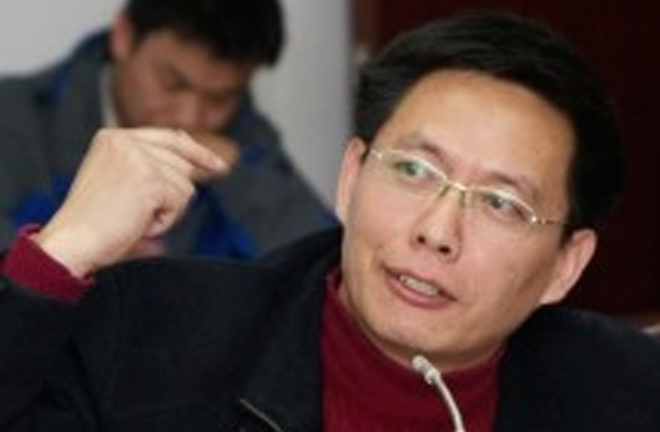WU XINWEN: Marxism as grand narrative should not be detached from Marx
 This year marks the 200th anniversary of Karl Marx’s birth, and the 170th anniversary of the Communist Manifesto. Celebrations of Marx have appeared in academia, media and other sectors of society.
This year marks the 200th anniversary of Karl Marx’s birth, and the 170th anniversary of the Communist Manifesto. Celebrations of Marx have appeared in academia, media and other sectors of society.
Marx’s greatness is undisputed. His far-reaching vision, rich knowledge, creativity, profound insight, strong willpower, fearless critical spirit and the influence of his theory and thought are extraordinary in the history of humans. Marx deserves the title of “the first thinker of the millennium.”
Since Marx’s death—especially since the 1917 October Revolution in Russia—academics in Western capitalist countries have endeavored to divide Marx and Marxism from each other, in an attempt to “bid farewell to revolution.” Marx was presented by Western academics as a philosopher, economist, political scientist, sociologist or some other identities.
Some scholars prefer to talk about Marxist study rather than Marxism. Many downplay the holistic quality, critical approach and incisiveness of his ideas, minimizing the revolutionary implications and ignoring the continuity between Marx and his successors.
Marx’s identity as a revolutionary has been weakened. His theory and ideas have been coopted into Western capitalist philosophy and social sciences. He has been rendered harmless and thus made eternal. Separating the political components of Marx’s thought from the academic, this research model is pernicious to our academic research. In order to study Marx and Marxism with greater depth and breadth, we need to rightfully declare that Marx and Marxism are an integral whole having flesh-and-blood ties that cannot be unjustly severed.
After more than a century of development, Marxism has become a tree with lush branches. Marxism includes not only the founders Marx and Engels but also a number of successors like Lenin, Mao Zedong and Deng Xiaoping. Marx is the root of Marxism. While the Marxists or Communist Party members in the world usually regard Marx as their predecessor, they also argue that Marx did not cease discovering the truth but rather opened up a broad path toward the truth. Marxism needs constant development, which is in line with its past and keeps pace with the times. As socialism with Chinese characteristics entered the new era, Xi Jinping Thought on Socialism with Chinese Characteristics for a New Era has become the contemporary form of Chinese Marxism and Marxism in the 21st century, demonstrating great vitality.
Compared with the various specializations currently in vogue or niche theories, Marxism is a grand narrative of the world, the general exposition of the nature, human history, economics, politics, society, culture and the development of humans’ thinking in a comprehensive and systematic way. It not only directs to the past and present of human society, but also to its future. Marxism has a holistic view that is beyond specific knowledge in a certain field or a disciplinary framework, and its integrity and completeness are unmatched by any other theory of philosophy and social science.
In 1953, the Communist Party of China donated $7,000 to rebuild the tomb of Marx. A 5.5-meter-tall statue of Marx donated by China was erected in Trier, Germany, the birthplace of Marx, on May 5, 2018. With history and reality complementing each other, the greatness of Marx and the greatness of Marxism are integrated and inseparable from each other.
Wu Xinwen is a research fellow from the China Institute at Fudan University.
(edited by BAI LE)

 PRINT
PRINT CLOSE
CLOSE